A call for change – A new national approach is needed to improve the safety of maternity and neonatal services
“Too many women, babies and families are being let down”. These are the words of the Independent investigation of the NHS in England, published by Lord Darzi in September 2024. But they could have been written at any point in the last decade or more. Back in 2016 the Department of Health’s Safer Maternity Care action plan declared that “now is the time for all those caring for and supporting new and expectant mothers and their babies to come together to make NHS maternity services as safe and effective as they can be”. We are now over 10 years since the publication of the Morecombe Bay report, and since then we have had numerous other reports, reviews and investigations that have highlighted consistent issues with the safety and quality of maternity services. There is no denying that attempts have been made by NHS England and the Department of Health and Social Care to respond to the recommendations emerging from past reports. There has been no shortage of working groups, strategies and plans. Yet serious concerns persist.
The current health secretary has talked about maternity services being one of the biggest issues “keeping him awake at night”. But we are now over 10-months since the election. The Government have repeatedly said that under their ‘Plan for Change’ they are ”supporting trusts to make rapid improvements”. But what this looks like in practice is not yet clear. Recently, concerns have been raised about cuts to funding for national maternity improvement initiatives – which don’t appear to match rhetoric on maternity care being a priority.
We urgently need to move from diagnosing the problem, to putting in place a comprehensive plan to improve the safety of maternity and neonatal services. Our saving babies’ lives progress report highlights how we are not on track to meet government ambitions to reduce rates of stillbirth and neonatal death, which come to an end this year. Over 2,500 fewer babies would have died since 2018 had we made steady progress to achieving these ambitions. We’re calling on government to set new targets, focussed on matching the best performing countries in Europe. But this time with a clear and comprehensive plan for how they will be achieved.
Stronger national leadership
To move forward effectively we need much stronger national leadership, clear accountability for delivery and proper oversight of progress. We don’t currently build consensus on how recommendations should be implemented, or the resources needed to implement them effectively. With multiple recommendations from different reports which don’t always neatly fit together, we need the national leadership that is able to prioritise and sequence them, and make a clear determination of who is responsible for delivering on them. Stronger leadership is also needed to ensure that those organisations tasked with delivering on recommendations have the capacity, willingness, and ability to do so.
Too often it continues to be left to bereaved and harmed parents to raise concerns about the safety of local services. Stronger, national leadership must also lead to a more effective and timely response to safety and quality issues within local services. The Joint Policy Unit has previously highlighted issues around a lack of effective oversight of the safety and quality of maternity and neonatal services at board level within NHS trusts.
A shared understanding of safety
While there is widespread agreement on the need for change to improve the safety of maternity and neonatal services. It is not clear that there is agreement on what that change looks like. One of the emerging themes from our recent call for evidence was that ‘safety’ means different things to different people.
For lasting progress we first need to ensure there is a shared understanding of what a safe system looks like. This should be focussed on ensuring that everyone can benefit from best-practice care in line with national standards. Our annual progress report continues to highlight how far too often babies are dying because of care that is not in line with nationally agreed standards. This is reflected in local reviews, which are consistently identifying recurring issues associated with aspects of care not being delivered in line national guidance. Developing and embedding a shared understanding of safety requires strong multiprofessional leadership.
A commitment to evidence-based policy and rigorous evaluation of what works
The initiatives that have been introduced in response to concerns about the safety of services often lack a strong evidence-base, or have weak or non-existent evaluation. Alongside this there are concerns that there are too many reporting requirements placed on local services. A renewed policy approach to improving the safety of maternity and neonatal services must ensure changes or initiatives intended to support improvement are rigorously evaluated. As well as building up and evidence base of what works, we need to be able to identify where attempts at improvement are having unintended consequences, and be able to stop doing things that are not effective.
This focusses on policy developments in England. Our annual progress report covers analysis across the UK. It is clear that significant progress is needed in each nation of the UK, underpinned by new targets to save more babies’ lives.


